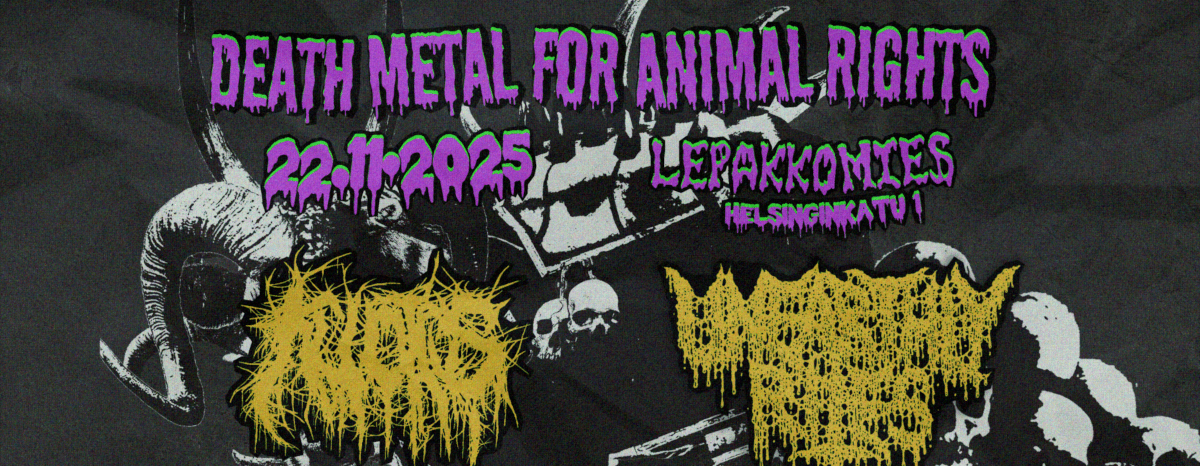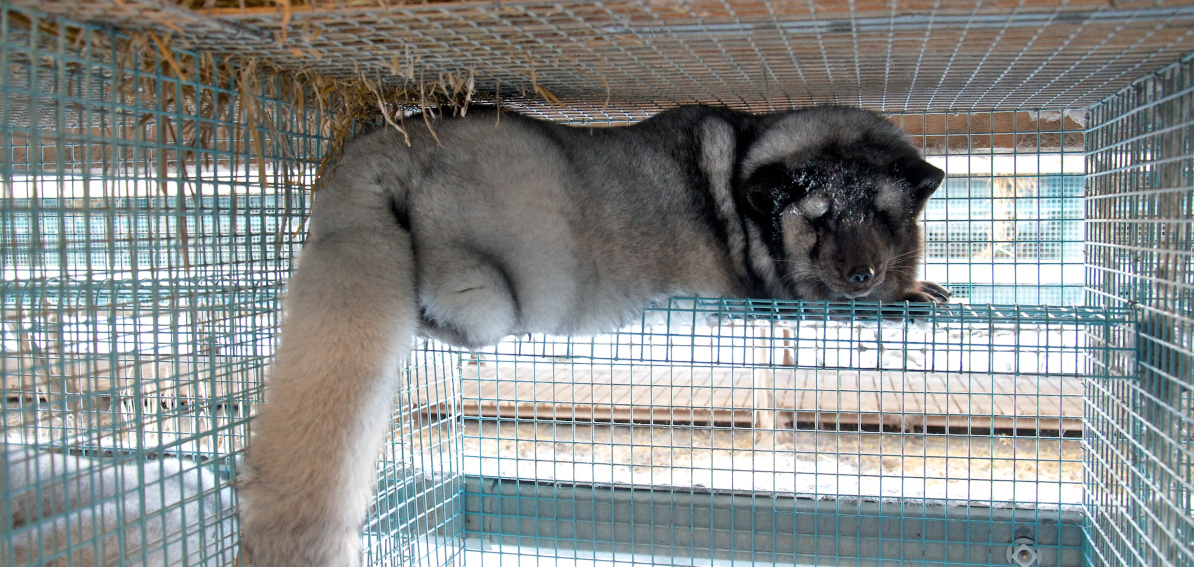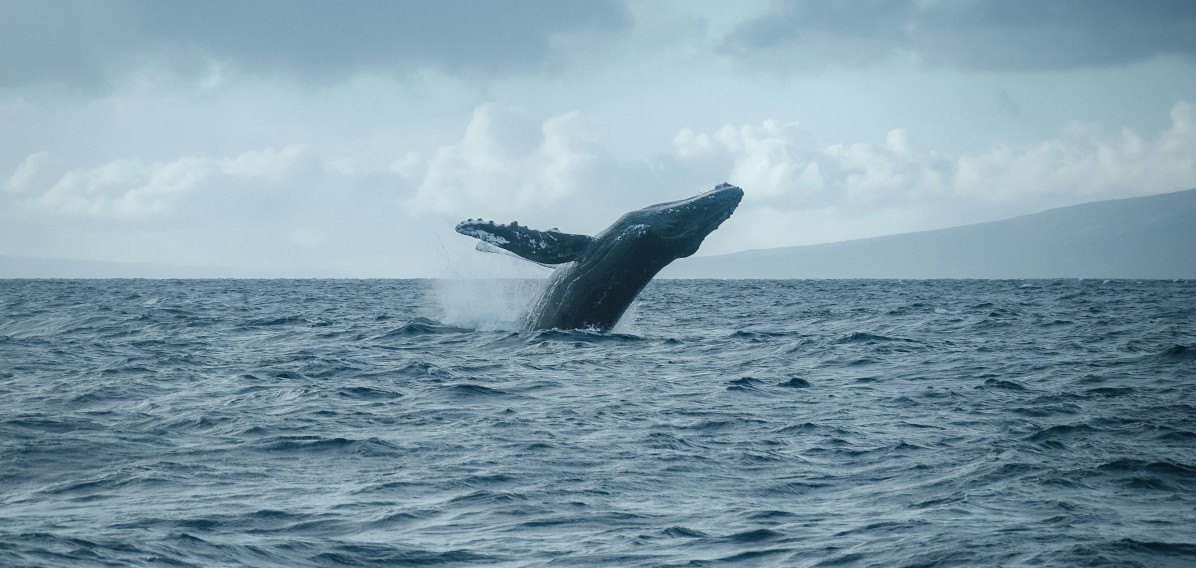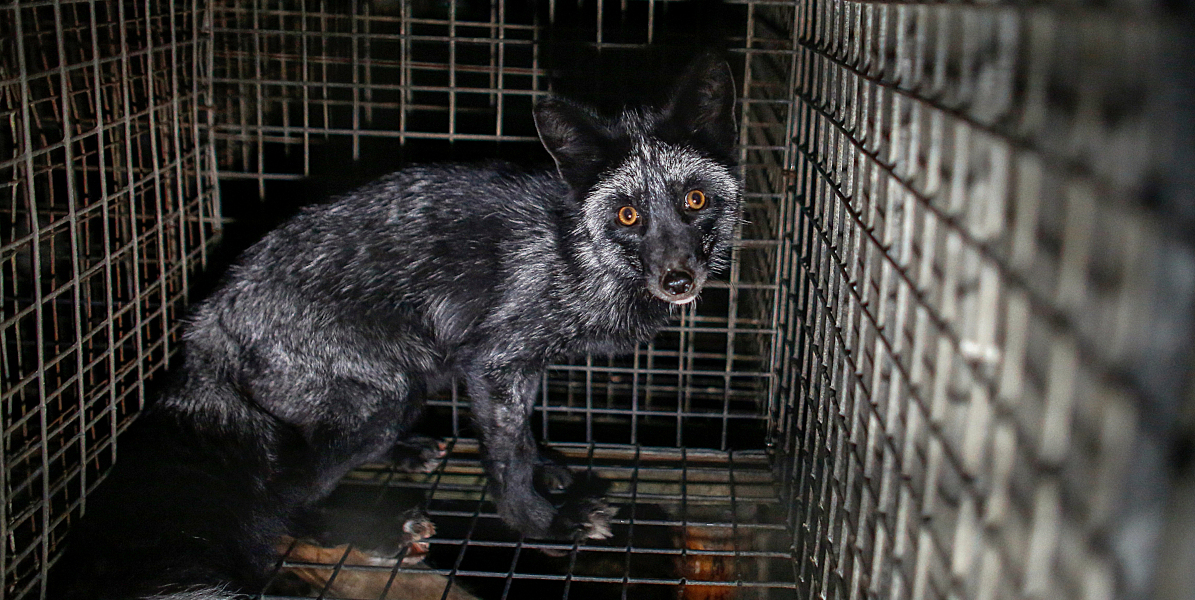Earthdog or den trials are a form of hunting dog sports with farmed foxes used for dog training. Some bird species are also reared to be used in training and organized hunts.
Trainers often use dead game to train underground-hunting or bird dogs – but live animals are also being used. Finnish breeders raise considerable amounts of pheasants every year for hunting and dog training purposes. According to the register kept by the Finnish Food Authority (Ruokavirasto), there are over 200 pheasant farms in Finland and there can be more than a thousand birds at a time living on one farm. The biggest of them has reported to rear more than 40 000 pheasants a year. They are usually kept outside in pens and the chicks are sometimes reared in former cattle sheds.
The pheasants’ captive conditions are relatively limited compared to their native vast habitats. The actual hunting season lasts from autumn to early winter. Hunters training their dogs may either purchase and pick up pheasants directly from the farms, or the birds may be released to the surroundings of the farm before the hunt. When the animals finally take their first steps in natural surroundings most of them get killed instantly. Even though a small few make it to freedom they critically lack the skills free-born pheasants possess.
Bird dog trainers also use pigeons as well as pheasants as training tools. The bird is thrown in front of the dog with a so-called bird launcher. That way, the dog can be taught to react to a bird taking flight in a desired way. The birds may also be harnessed and forced to fly in front of the dogs or they will be held in hands and presented to the dogs.
From fur farms to den tests
Many terrier breeds and dachshunds have been specially bred for “terrier work”, i.e. to hunt down foxes, raccoon dogs and badgers in their burrows. Dogs are trained directly in natural habitats with live quarry but also in man-made dens.
A farmed fox is released into a man-made den. The fox will flee from the dog to the end of the den where it can be trapped behind a hatch. The fox may, however, pause on the way, causing a possible confrontation between the two animals, despite the rules that are supposed to prevent it. This is not only dangerous but very stressful to the fox.
The foxes used in test dens are required to be farm reared so in practice they are bought from fur farms. The same fox may spend years as a dog training tool. While not being used in training the animals usually spend their days in small wire-floored cages like the ones on fur farms.
Hunting dog training with live animals is unethical
Different types of training and tests cause significant fear and stress to the animal used as a practice tool, possibly resulting in not only psychological but also physical damage. Despite all this, using live animals in dog sports is legal in Finland. This is yet another example of animal-based activities that are ethically questionable and yet protected by the law.
Canine aptitudes are increasingly utilized in the form of working and sporting dogs. A few years ago the Companion and Hobby Animal Welfare Council in Finland came out with a statement about their concern for the well-being of other animals used in dog trials.
They stated for example ‘taking care of the well-being of the target animal, its conditions of living and care, the grounds on which it is used, and the recognition of the animal’s fear and reacting to it in and outside the test situation’ as especially critical.
The council also stressed in their statement that live animals must not be used in canine aptitude tests unless absolutely inevitable. Den trials are entirely outlawed in Denmark and Norway. Animalia has been an advocate for banning them in Finland for years.
Order magazine
This article originally appeared in Animalia magazine 2/2020. Are you interested in the magazine? Join Animalia hereand receive the magazine as part of your membership. (The magazine is only published in Finnish.)
References (each link will open in a new tab)
The Companion and Hobby Animal Welfare Council´s statement 1.4.2016. Kohde-eläinten hyvinvointiin kiinnitettävä huomiota koirakokeissa (pdf)





